The team consisting of over 20 postgraduate and doctoral students led by Zhao Yingren, Director of Infection Department of the First Affiliated Hospital of Xi’an Jiaotong University (XJTU), spent two years in cooperating with WHO Collaborating Centre for Guideline Implementation and Knowledge Translation and the Evidence-based Medicine GRADE (Grading of Recommendations, Assessment, Development and Evaluation) Center of Lanzhou University to formulate the first "2019 Chinese practice guidelines for the prevention and treatment of hepatitis B virus (HBV) mother-to-child transmission" strictly according to the international guidelines and procedures.
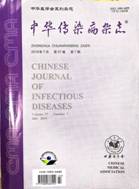
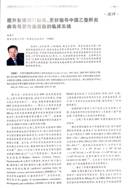
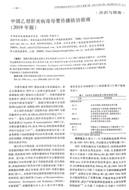
The guideline evidence group systematically searched nearly 100,000 literatures, eventually included 43,351 related articles, and established 11 new systematic evaluations. Extensive attention was paid to relevant researches conducted in Asia Pacific region and China. International guidelines and procedures were strictly adopted. Suggestions and advice were solicited from multidisciplinary experts including infection, liver disease, obstetrics and gynecology, reproduction, child health care and evidence-based medicine. The willingness of the patients was also considered. Multiple cycles of expert panel discussions and draft-finalizing meetings were held regarding the clinical problems involved in 16 disciplines and 13 recommendations were eventually formulated, providing a decision-making basis for the standardized implementation of prevention and treatment of mother-to-child transmission of HBV.
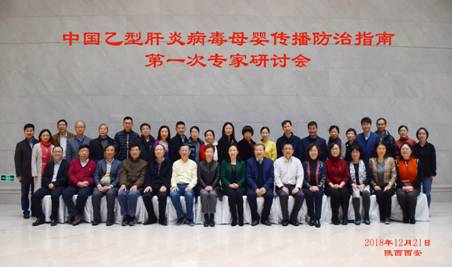
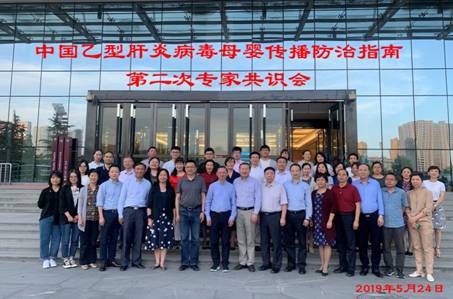
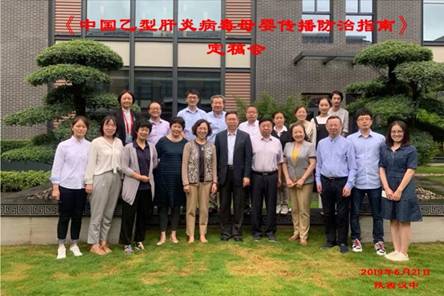
The formulated guidelines clarify several core issues in clinical practice, present more reliable epidemiological data on mother-to-child transmission of HBV, determine the criteria for blocking mother-to-child transmission, illustrate some controversial issues and pinpoint the direction of future research, providing decision-making evidence for clinicians and maternal and child health care practitioners in terms of perinatal monitoring, intervention and neonatal immunization.
The preciseness, scientificity and practicability of the guidelines have been generally recognized by experts in the fields of liver diseases, obstetrics and gynecology and preventive health care. At the same time, International Hepatology Forum, Shaanxi TV Station, Health Times and other media have also conducted special interviews.